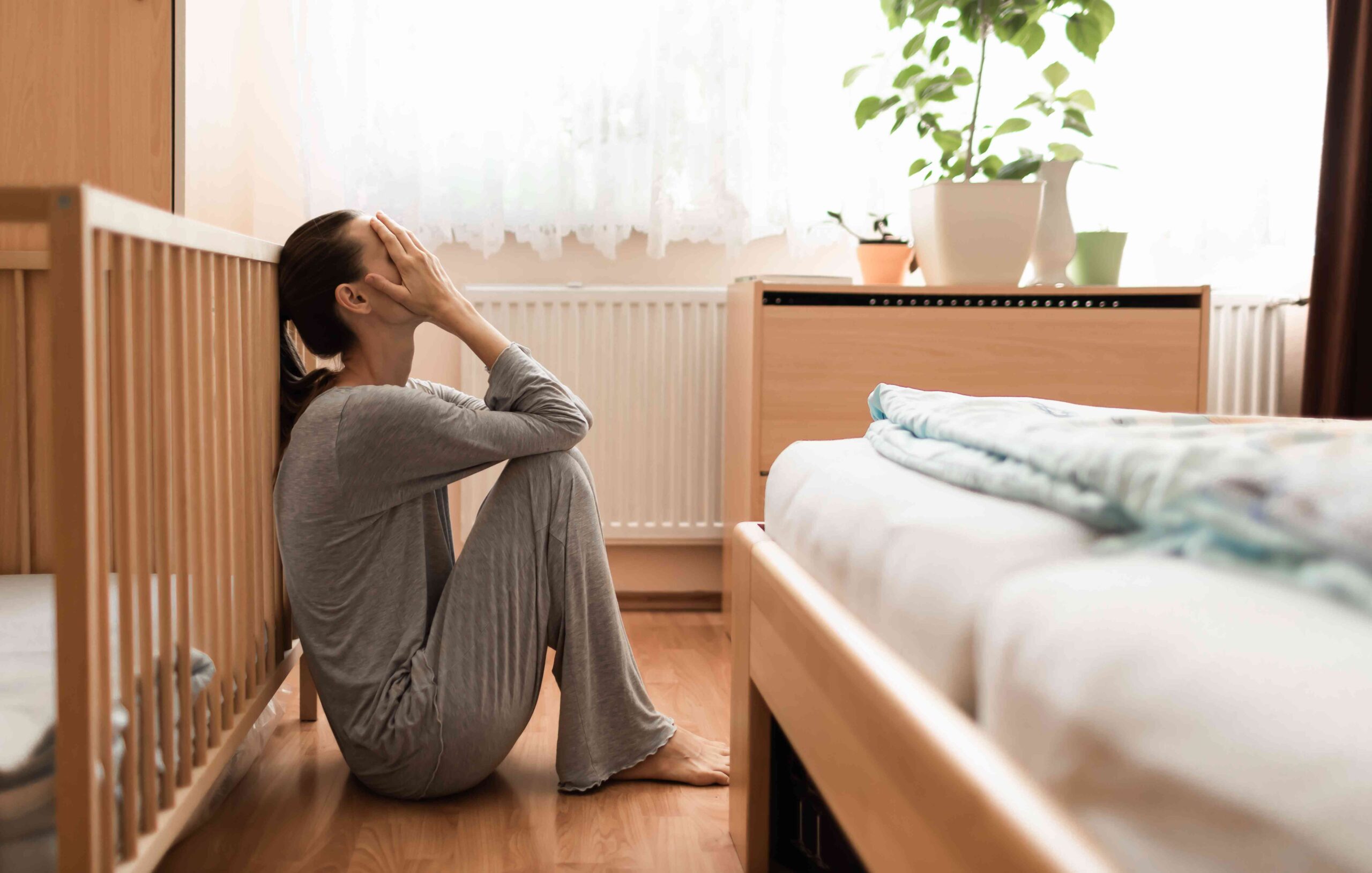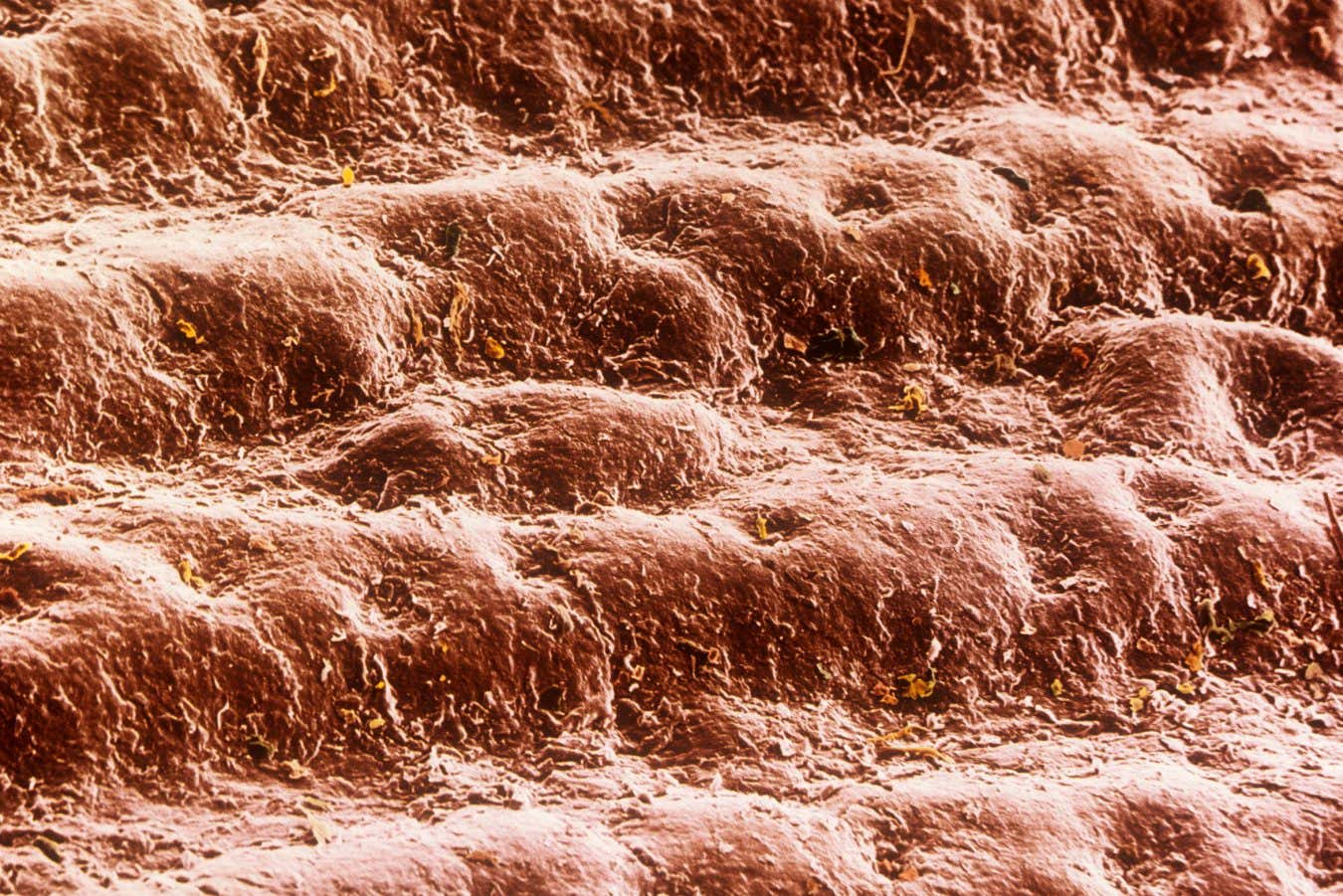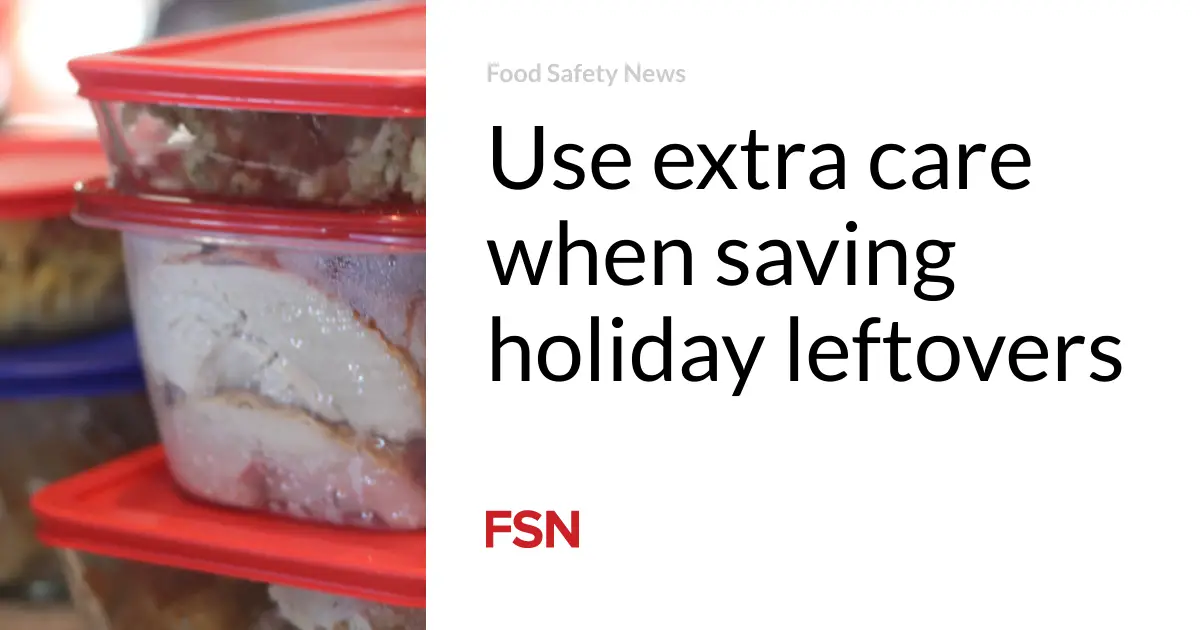
:max_bytes(150000):strip_icc():format(jpeg)/Health-GettyImages-1486911307-3ed2d9b3590248439a1aa42083816c86.jpg)
Postpartum depression (PPD) is a mood disorder that impacts one in seven people within the first year of giving birth. PPD may cause extreme sadness, difficulty sleeping, anxiety, feelings of guilt and worthlessness, and trouble bonding with your baby.
While it’s common for new parents to experience “the baby blues” in the week after childbirth, symptoms that last longer, are severe, persistent, and interfere with daily functioning could be a sign of PPD. The baby blues can sometimes indicate a risk of postpartum depression.
Symptoms of PPD can affect your emotional, physical, or cognitive health and can strongly impact your relationship with your baby, partner, and others.
Someone with postpartum depression may experience a wide range of emotions, and their moods may change throughout the day. Emotions due to PPD are severe and all-consuming.
Here are some of the emotional symptoms you could experience:
- Extreme and persistent sadness
- Lack of interest in activities you used to enjoy
- Crying frequently for what you believe to be no reason
- Guilt and self-blame
- Hopelessness
- Shame and humiliation
- Low self-esteem
- Feeling as though you’re a bad parent
- Worry and anxiousness
- Anger and irritability
- Feeling overwhelmed
Postpartum depression can cause significant changes to your physical well-being, including:
- Trouble sleeping (insomnia)
- Excessive sleeping (hypersomnia)
- Loss of or increased appetite
- Low energy or excessive fatigue
- Tiredness after expending minimal effort
- Difficulty performing everyday physical activities
- Unusually slow or agitated movements
Postpartum depression can impact cognition, including problems with thinking, concentrating, and forming negative thought patterns. Here are some possible cognitive symptoms of PPD:
- Trouble concentrating
- Cloudy thinking, or brain fog
- Trouble making decisions
- Confusion
- Thoughts of harming your baby
- Thoughts of suicide
Postpartum depression can make it challenging for you to connect with others and strain your relationships. Here’s how that might show up:
- You may have trouble bonding with your baby.
- You may feel tension in your relationship with your partner.
- Your relationship with your family can become challenging.
- You may make what are considered to be poor parenting choices.
- You may not be able to properly care for yourself or your baby.
Society usually associates postpartum depression symptoms with the person who has given birth, and it’s true that PPD is influenced by the physical toll of pregnancy, childbirth, and postpartum, as well as hormonal changes.
However, the spouse or partner of the birthing parent can experience mental health impacts, too. Research has found that new fathers and co-parents can experience signs of PPD. Up to 10% of new fathers experience depression symptoms in the first year after their child has been born.
People at increased risk include younger fathers and spouses, people with a history of depression, and people with financial challenges. Pregnancy or childbirth complications may increase the chance that a father or spouse develops depression.
Everyone’s journey with postpartum depression is different. Some people’s symptoms decrease within a few months to a year, especially if they seek treatment for the condition. For some people, PPD lingers for months and years, increasing in severity over time. This is more likely to happen if you don’t seek treatment for the condition.
Untreated PPD can become a chronic (long-term) condition. Research has found that about 25% of people with PPD continue to have symptoms three years after giving birth. Chronic PPD can become a chronic depressive disorder if left untreated. Untreated PPD may also cause health issues, problems in relationships, and poor parenting choices.
Untreated chronic PPD can also impact the children of the parent experiencing the condition. This can lead to the child experiencing increased trouble managing emotions, language development problems, sleeping challenges, and emotional regulation issues. It may also increase a child’s risk of developing obesity and attention-deficit/hyperactivity disorder (ADHD).
You shouldn’t hesitate to reach out to a healthcare provider if you have any concerning physical, emotional, or cognitive issues following childbirth.
If your symptoms are mild and go away after two weeks, you probably aren’t experiencing postpartum depression. Symptoms that are severe and last longer than two weeks may indicate you’re dealing with PPD and should reach out for help and support.
Contact your healthcare provider if:
- You have any signs of PPD, and they aren’t getting better after two weeks
- You experience any signs of PPD within a year after giving birth
- You have trouble taking care of your baby or completing everyday tasks
If you’re having thoughts of hurting yourself or your baby or experiencing thoughts of suicide, this is an emergency, and you should seek emergency medical care.
Postpartum depression (PPD) is a serious mood disorder that affects parents within a year of giving birth. Symptoms of PPD can be emotional, cognitive, and physical. Some of the main signs include extreme sadness, guilt, and brain fog. PPD can also affect your ability to care for your baby and yourself.
It’s important to seek treatment if you’re experiencing signs of PPD. These treatments are effective, and it’s possible to feel more like yourself again.








